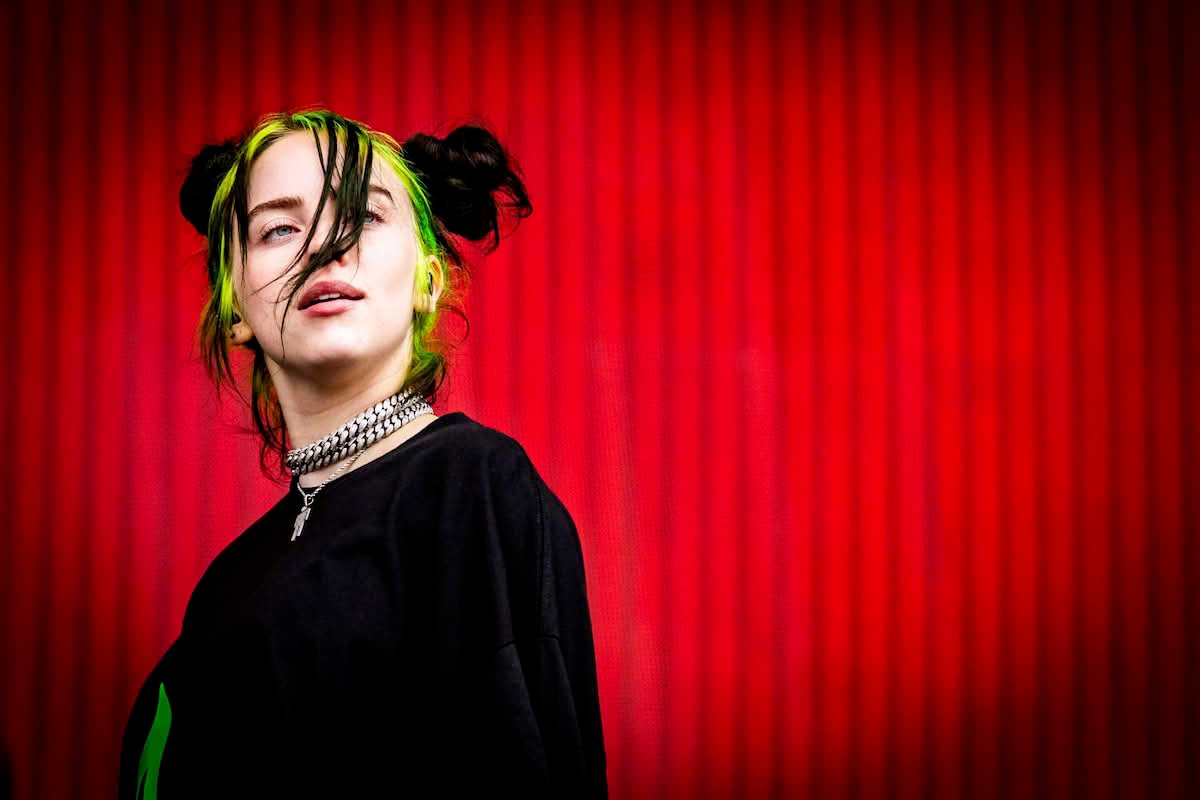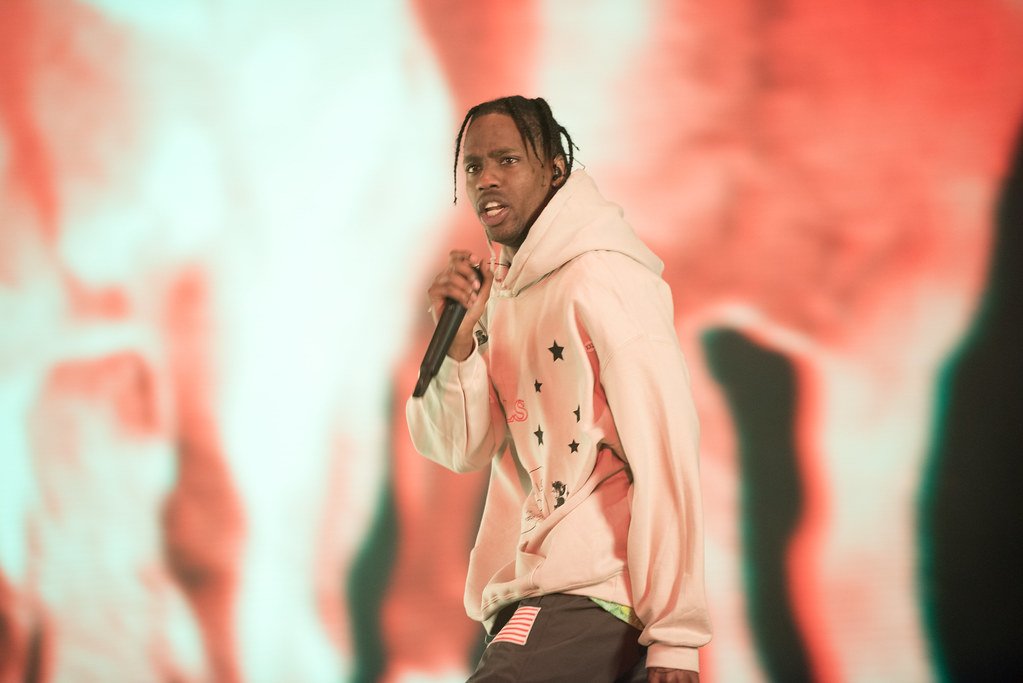Why Calling Olivia Rodrigo a “Teen Pop Star” Is Dead Wrong—And Honestly, a Little Lazy
Entertainment / Date: 06-26-2025

She broke streaming records, got Grammy love, and yes—cried in a lot of her songs. But here’s the real kicker: Olivia Rodrigo is not just another sad-girl-on-a-guitar. She’s rewriting what pop music means for Gen Z, while quietly dismantling the industry’s obsession with fake perfection. In this piece, we’ll unpack why dismissing her as just a “teen sensation” not only misses the point—but flat out disrespects the deeper revolution she’s leading.
She Was Never Just a Disney Girl—That’s Where Everyone Gets It Wrong

Let’s start here: the Disney pipeline is littered with ghosts of artists who never made it past their teen prime. Many had talent. Few had staying power.
Now enter Olivia.
Most people remember her from High School Musical: The Musical: The Series. (Try saying that three times fast.) But Rodrigo didn’t stick to the script. When she dropped “drivers license” in January 2021—at just 17—it was raw, messy, and deeply honest. And somehow? It blew past polished pop giants on the charts.
That’s the uncomfortable truth: people don’t crave perfect pop anymore. They want real. Olivia gave them exactly that—without the gloss.
Teenage Angst Was Just the Trojan Horse
Let’s be honest. Her debut album SOUR was flooded with break-up tracks, crying in bathrooms, and whisper-screaming into pillows. Easy to call it teenage drama, right?
Wrong.
Those tracks weren’t about teenage heartbreak. They were about identity loss. About women being told to smile when they want to scream. About the terrifying feeling of being gaslit, not just by a person, but by a whole world that thinks your emotions are “too much.”
Songs like “traitor” and “deja vu” weren’t just catchy—they cracked open emotional experiences that even adults had trouble naming.
And this wasn’t a fluke. It was intentional.
The Art of Controlled Chaos: Rodrigo’s Music Isn’t Just Pop—It’s Punk Dipped in Glitter
Olivia isn’t afraid to go from whispery ballads to grunge-inspired screams within the same album. That genre fluidity? That’s not indecision—it’s strategy.
Her second album, GUTS, showed a stronger rock influence. Songs like "all-American bitch" and "bad idea right?" completely deconstruct the pop formula. She can go from being adorable to spitting out lines while having a burning sensation in her throat.
Let’s be clear: she’s not trying to be Taylor Swift 2.0 or Paramore-lite. She’s carving her own Frankenstein lane—borrowing from Alanis Morissette, Courtney Love, Lorde, and then adding her own Gen Z glitter to the mess.
It’s not always clean. Sometimes it’s uncomfortable. That’s the point.
She’s Not Just Singing About Culture—She’s Shaping It
Here’s the twist most critics missed: Olivia’s not just reflecting youth culture. She’s shifting it.
The music business as a whole changed course after SOUR's explosion. Labels started searching for "sad girl" content all of a sudden. Writing their driver's license was a goal shared by all aspiring artists. There are a lot of somber monologues on TikTok. It developed into a feeling. A brand.
Rodrigo made the wave rather than merely riding it.
And she never chased clout. She stayed off social media most of the time. She didn’t turn her pain into clickbait. She just told the truth—and let the chaos follow.
Olivia the Lyricist: When Simple Words Hit Like Bricks
You don’t need a Ph.D. in poetry to understand Olivia Rodrigo.
She writes not for academics or critics. After having a meltdown at three in the morning, she writes as if she were texting her best friend.
Lines like:
“I made the jokes you told me // you ran the show”
or
“I’m sorry that I’m not enough // maybe I’m just not as fun as the girl on the internet”
—those hit because they sound simple. But when you feel them? They gut-punch you with precision.
In a world full of try-hard metaphors, Olivia’s honesty cuts deeper than any clever wordplay. It's like watching someone bleed on the page—and somehow still rhyme while doing it.
What Olivia Gets Right About Gen Z That Boomers Still Don’t See
Let’s not sugarcoat it—Gen Z is done with fake.
They’ve grown up through pandemic trauma, online bullying, political collapse, and climate fear. They don’t want another clean-cut pop star smiling on Good Morning America.
That’s Olivia’s real power: emotional mirroring. She lets people feel seen in their messiest moments. She admits when she’s jealous, when she’s angry, when she wants to disappear. No filters. No PR statements. Just truth.
- Even when it’s not pretty.
- Especially when it’s not pretty.
Industry Critics Still Underestimate Her—And That’s Their Problem, Not Hers
Every time she performs at an awards show, Twitter lights up with snarky comparisons:
“She’s no Adele.”
“Another Taylor Swift wannabe.”
“Her vocals aren’t that strong.”
Okay, let’s break that down.
No, she doesn’t belt like Whitney. She’s not trying to. Her voice cracks on purpose. Her songs ramble on purpose. Her albums feel like emotional diaries—not stadium anthems. That’s not a flaw. That’s the freaking blueprint.
Olivia Rodrigo is Gen Z’s imperfect pop star—and thank God for that.
The Bottom Line?
Olivia Rodrigo didn’t just become famous because of heartbreak. She tapped into something deeper—something generational. Raw, weird, painful, beautiful sound.
And anyone who still thinks she’s just a “teen idol”? They’re missing the revolution standing right in front of them.
Follow Us
Newsletter
Subscribe to our newsletter to stay updated with our latest news and offers.
We respect your privacy.Trending










